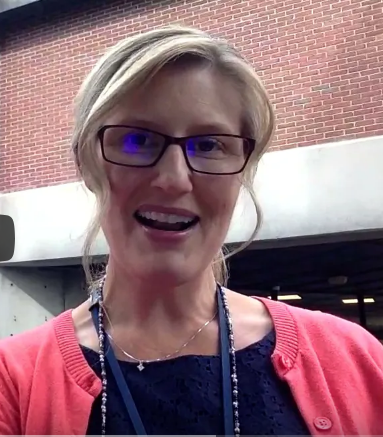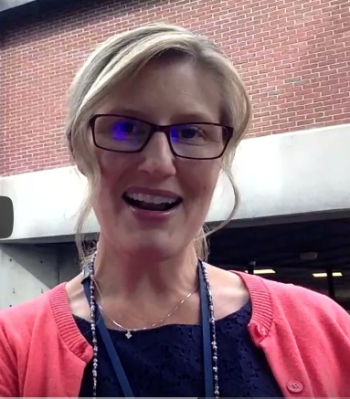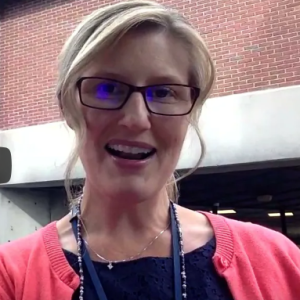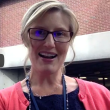Kurr talks close contacts, first week of school
Boothbay Region Elementary School administration and staff have been conducting contact tracing for five cases of COVID-19 since Sept. 10. Principal Shawna Kurr released a letter Sept. 16 explaining how contact tracing works, how Maine Center for Disease Control and Prevention and Maine Department of Education define a “close contact,” and what that means for students depending on things like vaccination and the nature of contact.
“There are three different letters that go out to families based on that (information),” Kurr said in an interview. “People are getting confused they're not all getting the same letter and it really can be confusing, so I understand people asking is it really safe? … There are all of these exceptions to if a student has to be in quarantine or not.”
The first letter determines the recipient’s student has been identified as a close contact – likely occurring in a lunchroom, bus, sports, or playground setting – and must fully quarantine from school due to not being vaccinated. The letter also urges the student quarantine from the community, due to no mandated public precautions.
The second letter determines contact was within a classroom setting where precautions are taken. Despite the student’s unvaccinated status in this case, it is safe for them to continue going to school, according to the letter, due to the universal precautions being taken in the classroom. This letter will urge the student’s quarantine from the community.
The third letter states a vaccinated student was in close contact within a classroom setting, is cleared to continue attending school and is safe in the community.
BRES teachers and staff are notified of students in quarantine once letters home have gone out, said Kurr. Teaching and learning materials, devices and instructions will go out in two or three days along with a projected return-to-school date. Depending on grade level, students should expect learning packets or assignments via Google Classroom where teachers will push out information; books and journals are also sent home and some classes will have live sessions remote students can join in on, she said.
“But what's challenging right now is that we're just into our first week of school when we're establishing routines and procedures. We're not into heavy academics at this point … It's lining up, it's how are we as a group, it's team building, it's connection and getting to know each other.”
That is why postponing sports for one week at the beginning of the year was a hard decision to make, Kurr said. The main goal is to keep students in school because virtual learning proved hard for nearly all students; sometimes that will come at the cost of extracurriculars which is hard because sometimes that is all that engages some students, she said. “But as hard as it is for kids to not be able to participate in a sport team, it's doubly hard to be learning from home … It means field trips, co-curricular activities including sports sometimes have to be put on pause. We don't like doing that.”
The contingency plan for grand scale shutdowns due to COVID-19 will be similar to last year. While the Edmentum software is gone, teachers will be creating and providing original material. Success during any shutdowns will depend on the community working together to get devices and materials to students and to rally behind them, Kurr said.
Despite the rocky start to the year, BRES is an intensely joyful place to be, Kurr said. When the kids and teachers are together, they are not dealing with anything other than making connections and learning. “All of that is still happening, so we really try to focus on what is working very well and that definitely is.”
Event Date
Address
United States

























